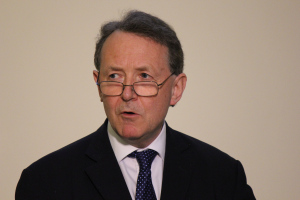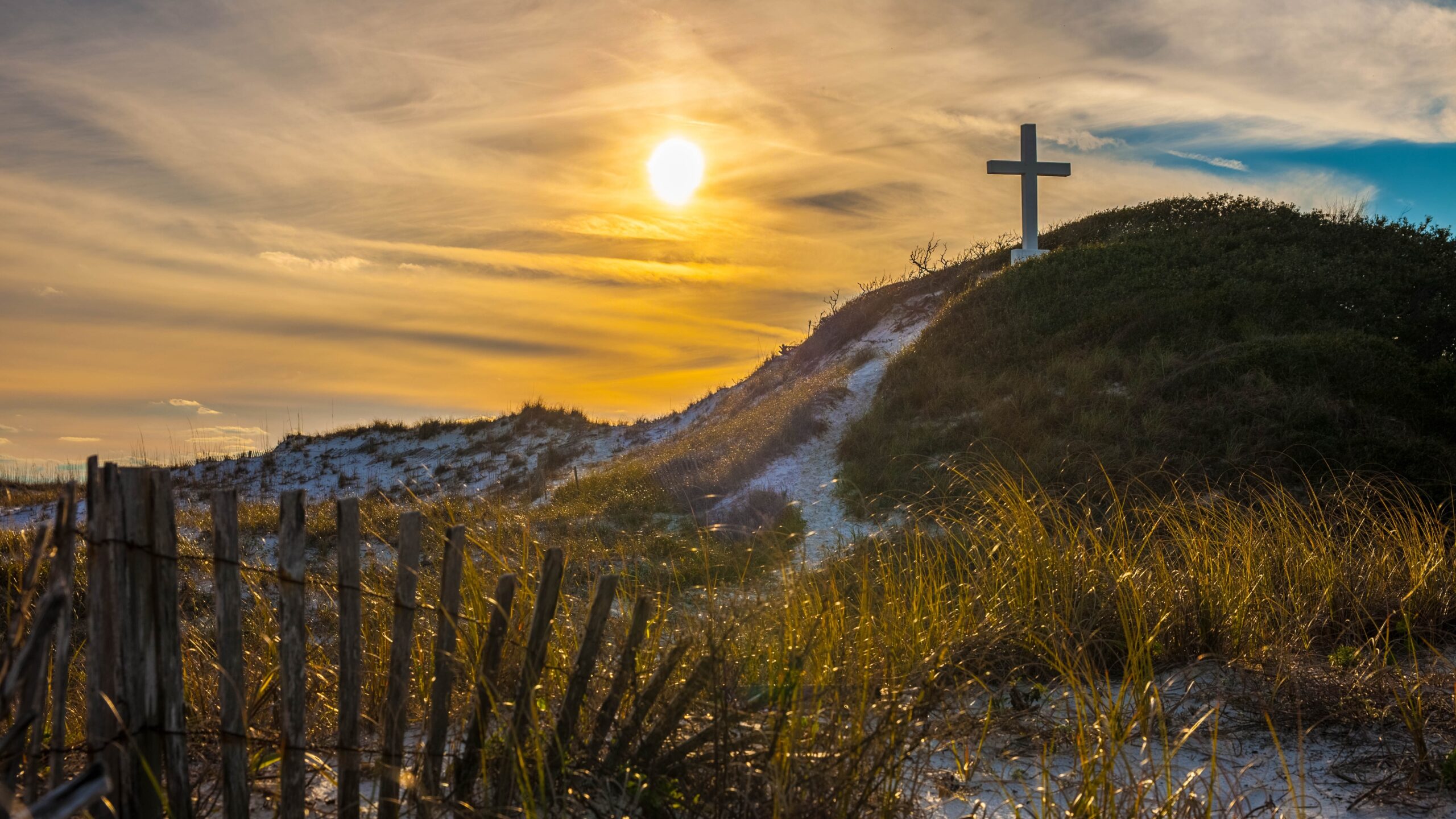Welcoming Remarks at the commencement of the House of Lords Symposium Marking the First Anniversary of The Publication of the Truro Review of the Global Persecution of Christians
Concluding Remarks
The links to the other contributions made during the Symposiuum, which was attended by several hundred people – on line – will be made available later in the week.
Welcome to this House of Lords Symposium.

It was on Boxing Day 2018 that Jeremy Hunt announced that that he was establishing an independent review into the global persecution of Christians.
Bishop Philip Mounsteven, the Bishop of Truro, was given the Herculean task of amassing the evidence and offering recommendations.
One year ago, on July 4th , having expeditiously undertaken that task with great professionalism and commitment Bishop Mounsteven published his sobering findings, – including the disturbing estimate that, worldwide, almost 250 million Christians live in countries where they are subject to high levels of persecution.
In a powerful editorial The Times said we had become “Spectators at the Carnage… Christianity is by most calculations the most persecuted religion of modern times.”
The Report triggered a commitment from the Prime Minister that his Government would implement in their entirety all of its 22 recommendations
Without reservation or caveat Boris Johnson said : “We will do everything possible to champion these freedoms…. We are determined to use the tools of British diplomacy in this cause, including our permanent seat on the UN Security Council.
“We will use the UK’s global reach and programme funding to improve the lives of persecuted people.”
Since that welcome declaration life, of course, has been overshadowed by Covid 19 – but persecution has not been a victim of Cornonavirus.
Indeed, all the evidence suggests that groups like ISIS – which has described the virus as its “little soldier” – and Governments – from China to Pakistan – have used the cover of Covid to inflict yet more misery on their minorities.
The Truro Report unashamedly shines a light on the plight of Christians but it reminds us that when one group is persecuted, others quickly follow in their wake; when the Article 18 human right of freedom of religion or belief is breached – other rights are quickly transgressed as well.
The Truro Report was a wake-up call – but in all truth, many who hold power, direct aid, are entrusted to act on behalf of the countries with leverage, are still slumbering and asleep at their posts.
With the forthcoming amalgamation of the FCO and DFID – and the Integrated Review of foreign policy, aid, trade and security, it will be vitally important to ensure that the Truro Report remains a defining document and doesn’t simply gather dust.
Notwithstanding the self-evident and commitment of some Ministers – I think of Lord Ahmad and Dominic Raab – it is no secret that some senior civil servants in the Foreign Office do not share the Prime Minister’s commitment to implementing the Truro Recommendations.
Many will want to bury it – But not the 11 Christians who, on average, lose their lives every day.
Not the Yazidi and Christians victims of genocide I met a few months ago in Northern Iraq – some of whose former homes in Mosul had been daubed in red paint with the letter “N” designating them as Nazarenes, ISIS had told them they must convert or die.
Not the Armenian, Syriac, and Coptic Christians who have seen loved ones murdered, homes and churches destroyed, and ancient communities driven from their ancient lands.
Not the imprisoned Christians – Catholic and Protestant – in China and North Korea or the Uighur Muslims incarcerated in Xinjiang or the Rohingya Muslims forced from their homes in Burma.
Not the anxious Christians of Hong Kong – who have seen the arrest of one of their leading laymen, the lawyer, Martin Lee, and who have heard their Cardinal, Joseph Zen, say that he is ready to be arrested under Beijing’s new draconian Security Law.
Not the families of the 1000 Pakistani Christian and Hindu girls abducted, forcibly married converted every year or the family of the murdered 14 year old Indian Christian boy,Samaru Madkami, another victim of religious persecution in India.
Not the families of the 11 Nigerians beheaded over Christmas or Rebecca Sharibu, who recently joined us for the launch here in Parliament of the new report on Nigeria, dedicated to her daughter, Leah, abducted raped and forcibly converted by Boko Haram.
That Report ‘s title askes the Question is this “an unfolding genocide?”
These beleaguered people and countless others are the reasons why we mustn’t let others bury or ignore the Truro Report – why fashionable and politically correct causes mustn’t become a pretext for ignoring this phenomenal global suffering.
And don’t underestimate our leverage or our opportunity to be agents for change.
I began this week at a meeting about Pakistan. Over the last 10 years it has received £2.6 billion of UK aid – an average of £383,000 every day. This is a country where a mob of 1200 burnt alive a Christian couple and forced their children to watch; where the Christian Minister for Minorities, Shahbaz Bhati, was murdered, with no one brought to justice.
Its high time we made aid conditional on Article 18 and conditional on bringing perpetrators to justice.
Recommendation 7 of the Truro Review requires the Government to ensure that there are:
“mechanisms in place to facilitate an immediate response to atrocity crimes… “
This week the UK Government took a long overdue step towards that.
It laid Orders to use Magnitsky Powers to name those responsible for egregious violations of human rights and to sanction them.
Many perpetrators buy property in the UK, keep their money in our banks , educate their children here and enjoy the benefits of an open and free society which respects diversity and pluralism and promotes respectful co-existence.
Yet, in their own countries, those who have enjoyed the benefits of the rule of law and human rights, discriminate, persecute, torture and kill. No longer. And that is truly welcome.
The Truro Review’s final recommendation is a ‘sunset clause’ which will require the Foreign Office to demonstrate what it has done and how they have co-ordinated interdepartmental responses.
In addition to more joined up thinking, more religious literacy, and more use of leverage and sanctions, we should never neglect to remind policy makers and Ministers that countries which promote religious freedom are the most stable, and the most prosperous; and those countries which do not are the poorest and least happy places to be.
Thanks to the good bishop and his Report the suffering of 250 million people world-wide is no longer a peripheral issue. The challenge to each of us participating today is to keep it centre stage.
In welcoming you to our Westminster Parliament Symposium today it is an invitation to redouble our efforts and to use our cherished freedoms on behalf of those who enjoy none of the same rights.
Thank you for participating.
=========================
Concluding Remarks
In closing today’s event, all that is now required is to thank you for taking part.
In preparation for today I read the Report again and was particularly struck by the Report’s declaration that there must be a complete culture shift affecting “strategy and structures”, making “Freedom of Religion or Belief central to the FCO’s culture, policies and international operations”
I was struck by its call for “a religiously-literate local operational approach” the training and equipping of local embassy staff with in-depth knowledge of religious history, religious persecution and religious culture of the country in which they work.
And then I thought about Nigeria – and how whenever I speak to officials they try to suggest that the killings, abductions, rapes and forced conversions are primarily attributable to climate change and demographic trends.
The effects of climate change do of course have to be addressed but climate change doesn’t behead people or rape them – a murderous ideology does.
Take the section in the Truro Report on Sub Sahara Africa. It says:
“Reports consistently showed that in Nigeria, month after month, on average hundreds of Christians were being killed for reasons connected with their faith… Those worst affected included Christian women and girls ‘abducted, and forced to convert, enter forced marriages, sexual abuse and torture…”
It is those victims who desperately need a culture shift – including a review of how the £800,000 in aid, which the UK gives to Nigeria each and every single day, is spent. They are the ones who need to see the Prime Minister’s pledge to “use the UK’s global reach and programme funding to improve the lives of persecuted people” become a reality.
A brave Nigerian Muslim woman I recently met put it well. She said “We don’t need Boko Haram, we need Boko Halal”.
In other words, Education should not be forbidden – it should be welcomed and permitted – especially for girls. And that isn’t just true in Nigeria.
British aid should insist on a culture shift which promotes honest and accountable government; leaders of integrity; community cohesion; the protection of minorities; the teaching of citizenship; the promotion of shared identity and diversity – and an end to life taking sectarian violence.
The Truro report challenges us to listen to the victims; to engage with ravaged local communities; to lead sustained efforts to protect and reconcile divided communities; to end cycles of revenge and retaliation; to address root causes; to end impunity and bring to justice those who threaten the very existence of countries like Nigeria – which could so easily go the way of Sudan.
When the recent Report on Nigeria was launched here at Westminster, Leah Sharibu’s mother urged us to hold her country’s leaders to accounts, And she said “please don’t grow weary or tried of trying to help us.”
Friends, 84% of the world’s population has a faith; a third are Christian. But, according to Pew Research Centre 74% of the world’s population live in the countries where there are violations of freedom of religion or belief.
Our former Chief Rabbi, Jonathan Sacks, in describing genocide against Christians says it is “one of the crimes against humanity of our time” adding that he was “appalled at the lack of protest it has evoked.”
That lack of protest led Spectator magazine to comment that “The global war on Christians remains the greatest story never told of the early 21st century”.
We who enjoy such extraordinary freedoms and liberties have a duty to tell these stories on behalf of those who can’t.
If you haven’t already done so, I hope you will keep a copy of the Truro Review, easily accessible on your computer or IPAD – that you will do everything you can to ensure that the recommendations stay live; that they don’t’ disappear into the ether; and that that there are 250 million compelling reasons – 250 million people – who need you to for constantly use your democratic opportunities to act on their behalf.
As Rebecca Sharibu said, please “don’t grow tired or weary” ; deploy every asset and seize every opportunity to use your voice on behalf of those whose voices have been silenced.
Thank you again for taking part today.


